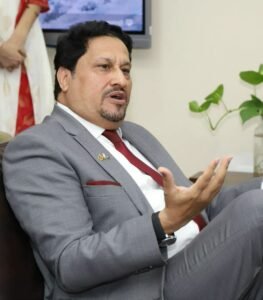
By: Yasin Joyia (Honorary Consul General Sri Lanka, Punjab)
Pakistan is facing one of the most challenging economic periods in its history. Once-bustling marketplaces in cities like Lahore—where traders thrived and businesses flourished—are now clouded with anxiety and uncertainty. Pakistan’s economy, once driven by vibrant trade and industry, is now burdened by excessive taxation, skyrocketing energy costs, and rampant corruption among government officials. Capital invested in production is no longer yielding expected returns. Even trade, traditionally a reliable source of profit, is barely breaking even after covering operational expenses.
Shrinking Middle Class and Agricultural Collapse
If this situation persists, Pakistan’s upper-middle class will, within a few years, slide down to the lower-middle or middle-income segments. Domestic demand is steadily shrinking, further reflecting the deepening crisis in Pakistan’s economy. In Punjab, the nation’s food basket, the agricultural sector’s collapse has severely disrupted the circulation of money. Even small farmers owning just two to four acres are now struggling to make ends meet. A strong economy is the bedrock of political stability and national security. Continued economic decline will inevitably lead to political unrest, which in turn threatens the country’s security. This is arguably Pakistan’s economy’s biggest strategic risk today.
Global Shifts Offer Rare Economic Opportunities
Ironically, at a time when Pakistan is receiving renewed global attention, new opportunities are emerging. The U.S. tariff policies have significantly impacted India and China. This presents Pakistan with a rare window to revive its industrial base. Similarly, in agriculture, if the government adopts farmer-friendly policies, the country can not only meet domestic needs but also earn substantial foreign exchange.
Why Pakistan’s Economy Struggles to Capitalize on Openings
The question remains: why does Pakistan’s economy consistently fail to convert favorable circumstances into economic gains? Why has the country been trapped in a cycle for decades—lagging far behind not only developed nations but even many developing ones?
Legal Supremacy and Rule of Law Remain Elusive
The core issue lies in the absence of true constitutional and legal supremacy. In developed countries, the rule of law is a foundational principle, upheld alongside traditions. In Pakistan, however, the law bends to the will of the powerful. Instead of restraining the influential, the legal system has become a tool to serve their interests. As a result, constitutional and legal structures are largely disconnected from citizens’ rights and national development. Without reversing this perception and reality, Pakistan cannot become a stable and prosperous state.
Elite Alliances Undermine Reform and Public Interest
Another major obstacle is the alliance between the elite, bureaucracy, establishment, and judiciary. This nexus shapes national policy to serve its own interests, keeping Pakistan perpetually dependent on international financial institutions. Through loyal operatives in every institution, this group suppresses public interest to protect its privileges.
Democratic Institutions Fail to Deliver Accountability
Pakistan’s fragile democratic processes have failed to dismantle this criminal alliance. In fact, the democratic framework has been structured in a way that has strengthened their control over national resources and decision-making. The judiciary, which once occasionally defended citizens’ rights, has gradually been reduced to functioning like an ordinary department. When parliament and the judiciary are weak—or perceived to be so—development inevitably grinds to a halt.
Lack of Vision Threatens Future Generations
Perhaps the most fundamental problem is the absence of a genuine vision to transform Pakistan into a developed nation. The ruling elite envision their children’s futures in prosperous foreign countries, and with their wealth, they can easily secure this. But for millions of Pakistani children, their future remains neglected.
Infrastructure and Civic Services Reflect National Neglect
This indifference is reflected in the state of Pakistan’s cities and villages, its railway and sanitation systems, education and healthcare infrastructure, and law and order—all of which are comparable to war-torn or impoverished nations. Even within South Asia, Pakistan lags behind most countries. Iran, despite facing international sanctions, has surpassed Pakistan in the provision of civic facilities.
Bureaucratic Reform Is Crucial for Economic Progress
The current bureaucratic structure is incapable of driving Pakistan toward modernity. Without reforming this system alongside political restructuring, meaningful change is impossible. Involving bureaucracy in reform processes essentially guarantees their failure. Reforms initiated during the Musharraf era must be revived, updated, and implemented to match today’s realities.
Law and Order: A Prerequisite for Economic Revival
No development strategy can succeed without law and order. The state must act decisively against terrorists and organized criminal groups without discrimination. Religion—meant to unite the nation—must no longer be manipulated by divisive elements. The rights of smaller provinces must be respected in letter and spirit through strict adherence to the Constitution.
Constitutional Integrity Key to Strengthening Pakistan’s Economy
If the Constitution continues to be subjugated to personal and political whims, Pakistan’s economy will remain vulnerable, and the dream of becoming a responsible welfare state will remain elusive.
Read more experts’ opinion on the economy here: https://thepublicpurview.com/category/businessnews/
Stay updated with verified reports, impactful headlines, and real-time coverage. We bring you trusted news from across Pakistan and beyond. For full stories, in-depth analysis, and exclusive updates, follow or visit our website. Your source for credible journalism, national resilience, and the voices that matter most—delivered with clarity, urgency, and integrity.
For climate-related stories, visit: The Green Post



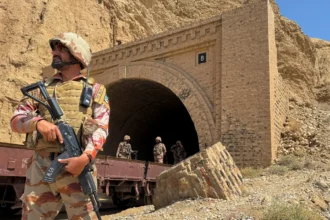
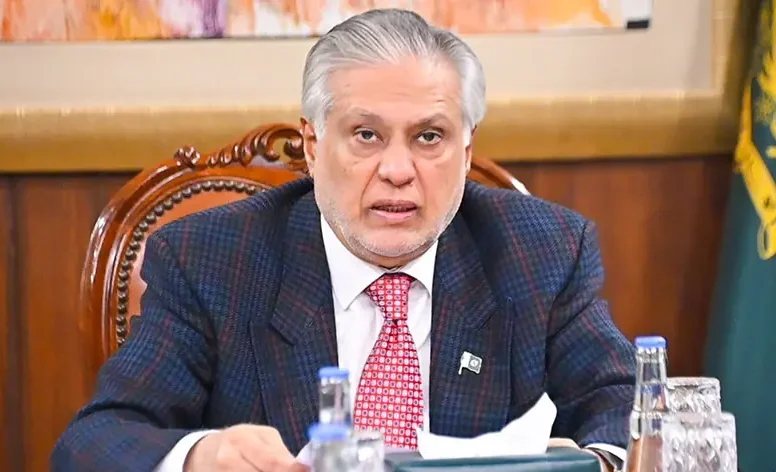
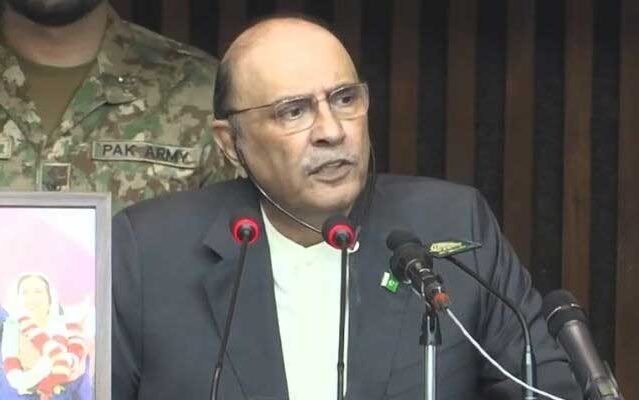
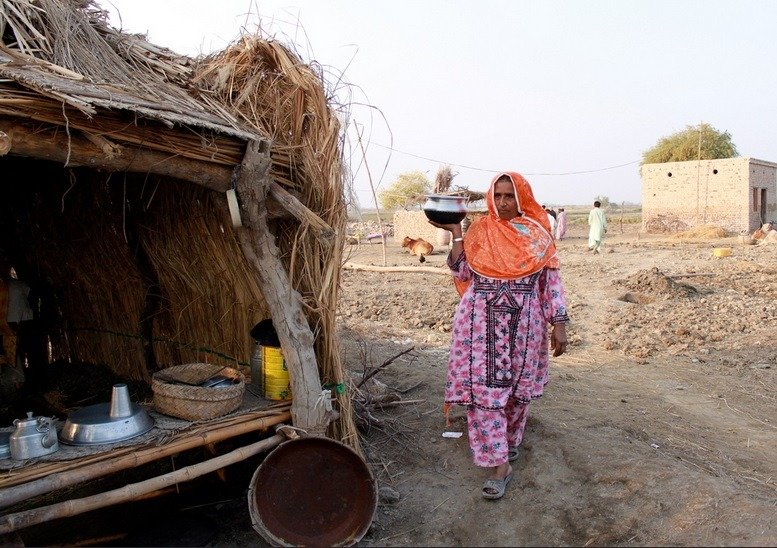
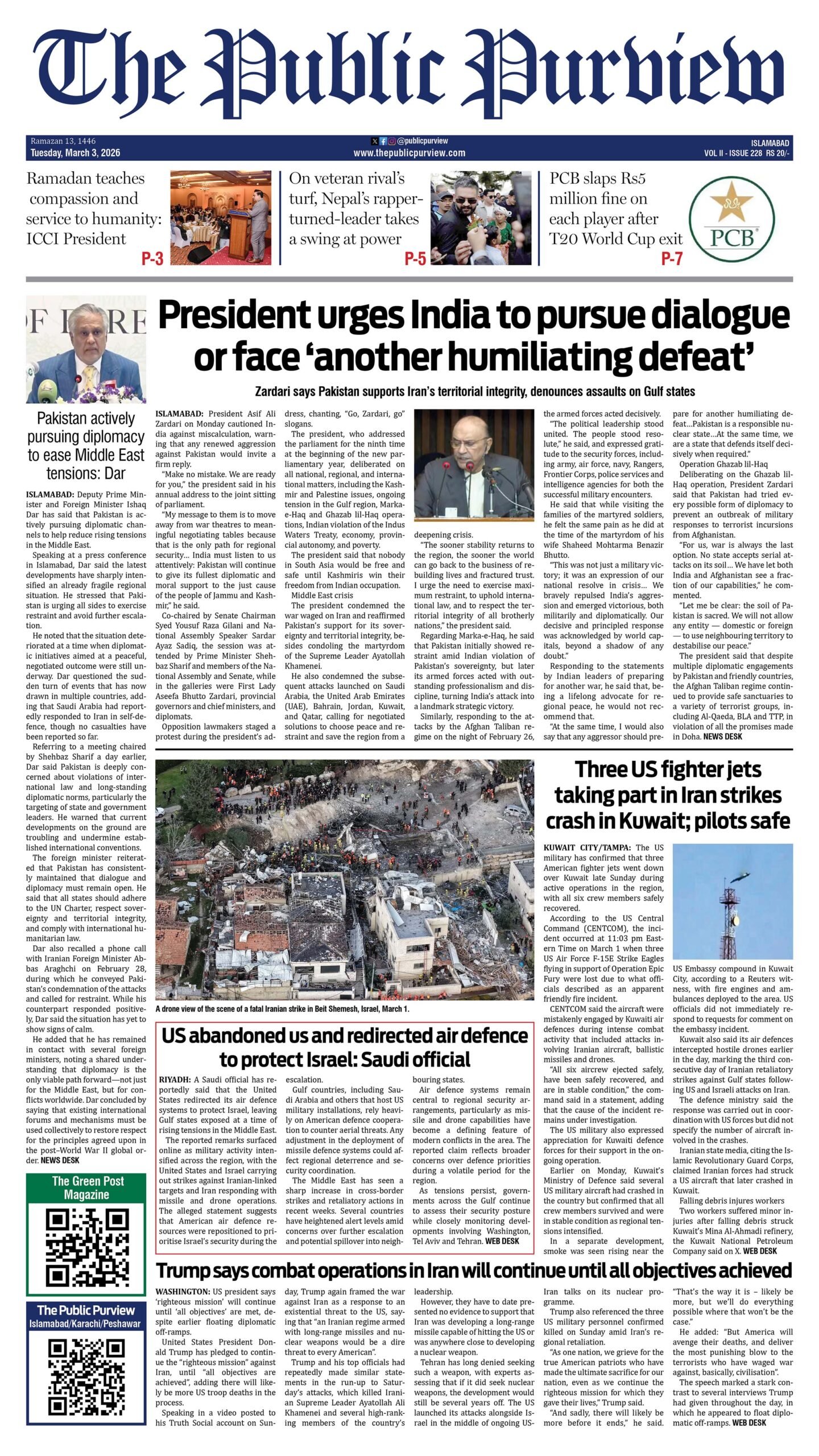 Today's E-Paper
Today's E-Paper